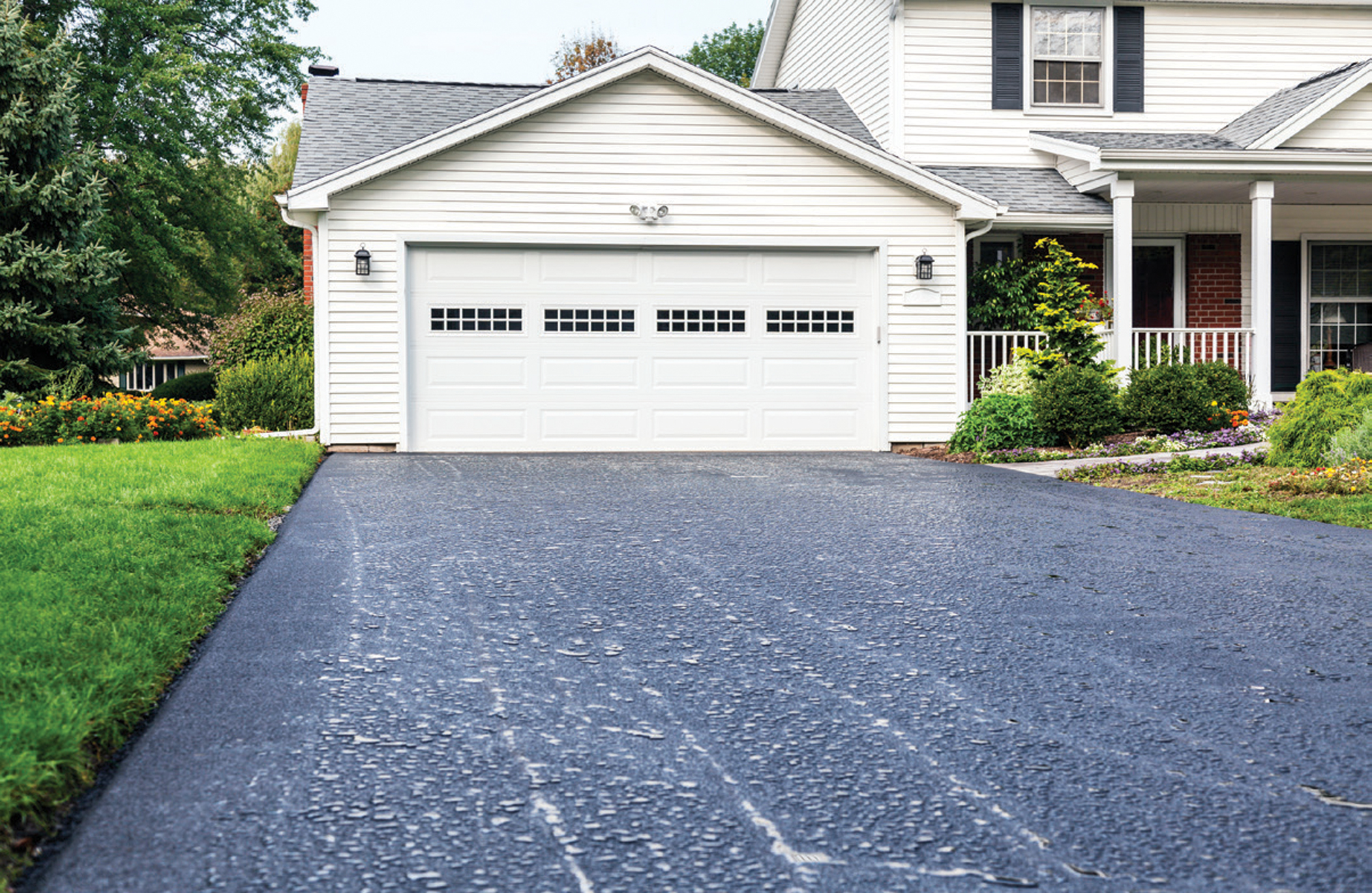Durable Outcomes: Asphalt Spot Repair With Accuracy Sealing
Durable Outcomes: Asphalt Spot Repair With Accuracy Sealing
Blog Article
Cold Mix Asphalt Vs. Hot Mix Asphalt: Which Is Right for You?

Composition Distinctions
Cold mix and warm mix asphalts differ dramatically in their composition, with unique qualities that impact their performance and applications. Cold mix asphalt is created by emulsifying the asphalt binder with water and an emulsifying representative before blending it with accumulation. This method enables for the asphalt to be practical at lower temperature levels, making it optimal for temporary repair work and for use in colder weather condition problems. Warm mix asphalt, on the various other hand, is produced at heats, typically between 300-350 ° F, which assists to accomplish far better compaction and a more long lasting end product. The hot mix asphalt manufacturing process includes warming the aggregate and asphalt binder independently before integrating them at the asphalt plant.
Furthermore, chilly mix asphalt has a tendency to be less dense and a lot more adaptable than hot mix asphalt. This versatility makes it far better fit for locations with higher levels of movement, such as driveways or roadways with rush hour. In contrast, warm mix asphalt is recognized for its high toughness and resistance to rutting and fracturing, making it a recommended selection for freeways and high-traffic roadways where long life is critical.
Installment Refine Variances
The process of installing cold mix and hot mix asphalt exhibits notable variations in their demands and treatments. In contrast, hot mix asphalt demands an extra fancy setup procedure. Due to the heating demands, warm mix asphalt installments are usually brought out by specialists with specialized equipment, guaranteeing an extra structurally sound and long-term outcome.
Resilience and Durability Aspects
When thinking about asphalt options, resilience and durability are vital variables to assess for long lasting pavement performance. Warm mix asphalt (HMA) is understood for its outstanding durability and long life. The high temperature levels throughout the blending and laying process permit better compaction, resulting in a denser and more powerful pavement structure. This causes HMA being a lot more immune to rush hour loads, severe climate condition, and the results old compared to cold mix asphalt (CMA)
In terms of long life, HMA normally outperforms CMA as a result of its premium stamina and resistance residential properties. HMA pavements have a longer life span, needing less regular repair work and maintenance, which can equate to set you back savings over time. Additionally, HMA sidewalks are much more easily adjustable to fulfill particular task demands, additionally enhancing their toughness.
Price Factors To Consider
Thinking about the economic implications is a crucial aspect when evaluating the selection in between hot mix asphalt (HMA) and chilly mix asphalt (CMA) for pavement tasks. While the preliminary price of hot mix asphalt is normally higher than that of chilly mix asphalt, HMA usually gives a much more economical option in the lengthy run due to its superior sturdiness and durability.
In addition to material expenses, it's vital to take into consideration the costs associated with installation and upkeep when contrasting HMA and CMA. Ultimately, the choice in between HMA and CMA ought to take into account not just the preliminary price but additionally the long-lasting economic effects to establish the most affordable alternative for the specific pavement job.
Environmental Influence Contrast
Comparison of the environmental influences between warm mix asphalt (HMA) and cool mix asphalt (CMA) exposes distinctive differences in sustainability techniques. HMA production requires heats, bring about enhanced energy consumption and greenhouse gas exhausts. The procedure also releases volatile natural substances (VOCs) and unsafe air toxins (HAPs) into the environment. In contrast, CMA is created and used at reduced temperatures, decreasing energy use and emissions substantially. The reduced production temperatures of CMA result in decreased fuel consumption and lower levels of CO2 discharges, making it a much more ecologically pleasant option.
Furthermore, the use of CMA frequently entails reusing existing asphalt pavement, promoting resource preservation and decreasing the quantity of waste sent to land fills. By choosing for CMA over HMA, road building and construction jobs can add positively to environmental preservation initiatives.
Conclusion
Finally, you can check here the selection between cold mix asphalt (CMA) and hot mix asphalt (HMA) relies on various aspects such as composition, setup process, durability, durability, price, and environmental effect. asphalt patch repair. While CMA provides a fast and cost-efficient service for small repairs, HMA guarantees premium durability and long life for rush hour locations. Think about these variables thoroughly to establish which type of asphalt is the ideal option for your paving requires

Taking into consideration the monetary ramifications is a critical element when reviewing the choice in between hot mix asphalt (HMA) and cool mix asphalt (CMA) for pavement jobs. While the first cost of hot mix asphalt go to my site is normally higher than that of cool mix asphalt, HMA often offers an extra cost-effective option in the long run due to its remarkable resilience and durability. asphalt repair.Comparison of the environmental effects original site in between warm mix asphalt (HMA) and cold mix asphalt (CMA) discloses distinctive differences in sustainability practices.In final thought, the option between chilly mix asphalt (CMA) and warm mix asphalt (HMA) depends on different variables such as make-up, installation procedure, durability, longevity, cost, and environmental effect
Report this page